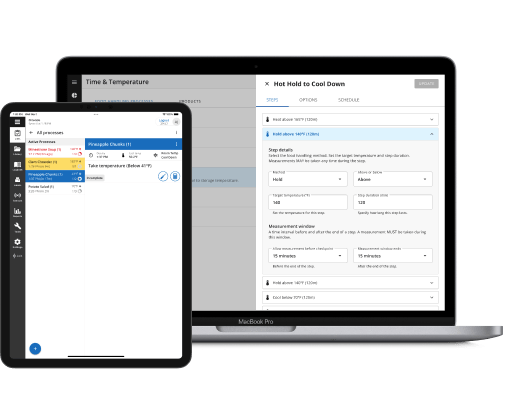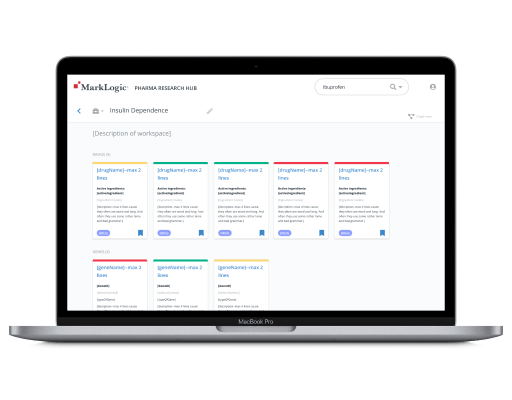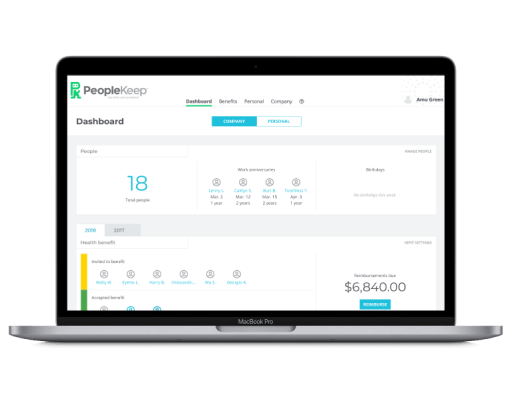Data reveals hidden hurdle in recognition flow
At O.C. Tanner, the Culture Cloud platform empowers companies to build cultures of appreciation. But we noticed an issue: users were abandoning our “Give Flow” recognition process. As the Product Designer on a cross-functional team, I dug into the data to figure out why.
Working with my Product Manager, we faced a challenge in data collection due to the flow’s branching path. I solved this by creating an aggregated data view outside our existing analytics tools. Using Pendo, I mapped the user journey and discovered a surprising insight: high drop-off at the very end of the flow.
Small change faces big hurdles
Our solution seemed simple: swap two buttons at the end of the “Give Flow”. But getting this tiny change prioritized proved challenging. It struggled to gain traction amid larger, more complex projects.
This roadblock sparked a crucial shift in our team’s approach. We adjusted our processes to allow smaller, high-impact changes to be implemented alongside ongoing work on larger projects. This flexibility proved key to the project’s success.
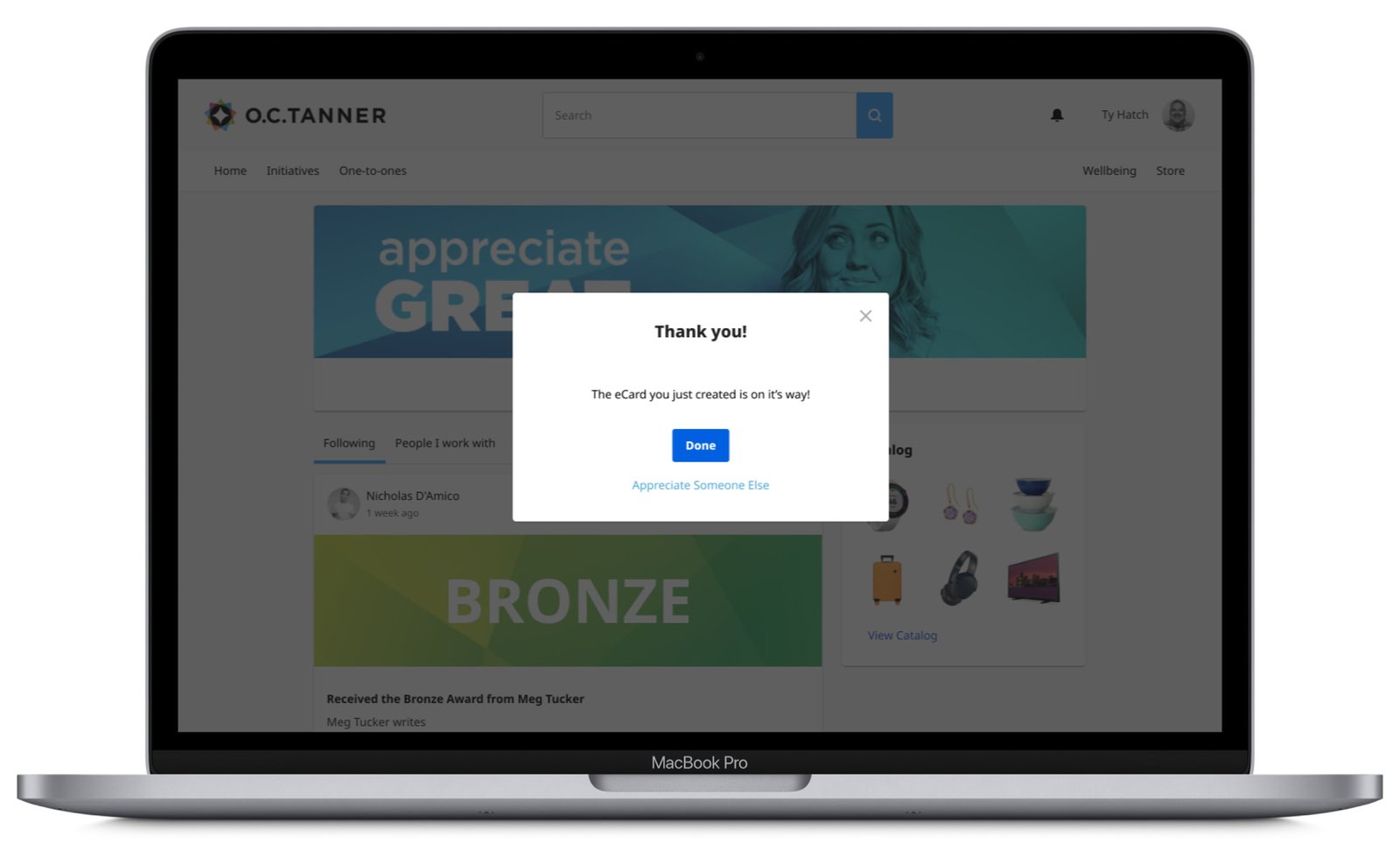
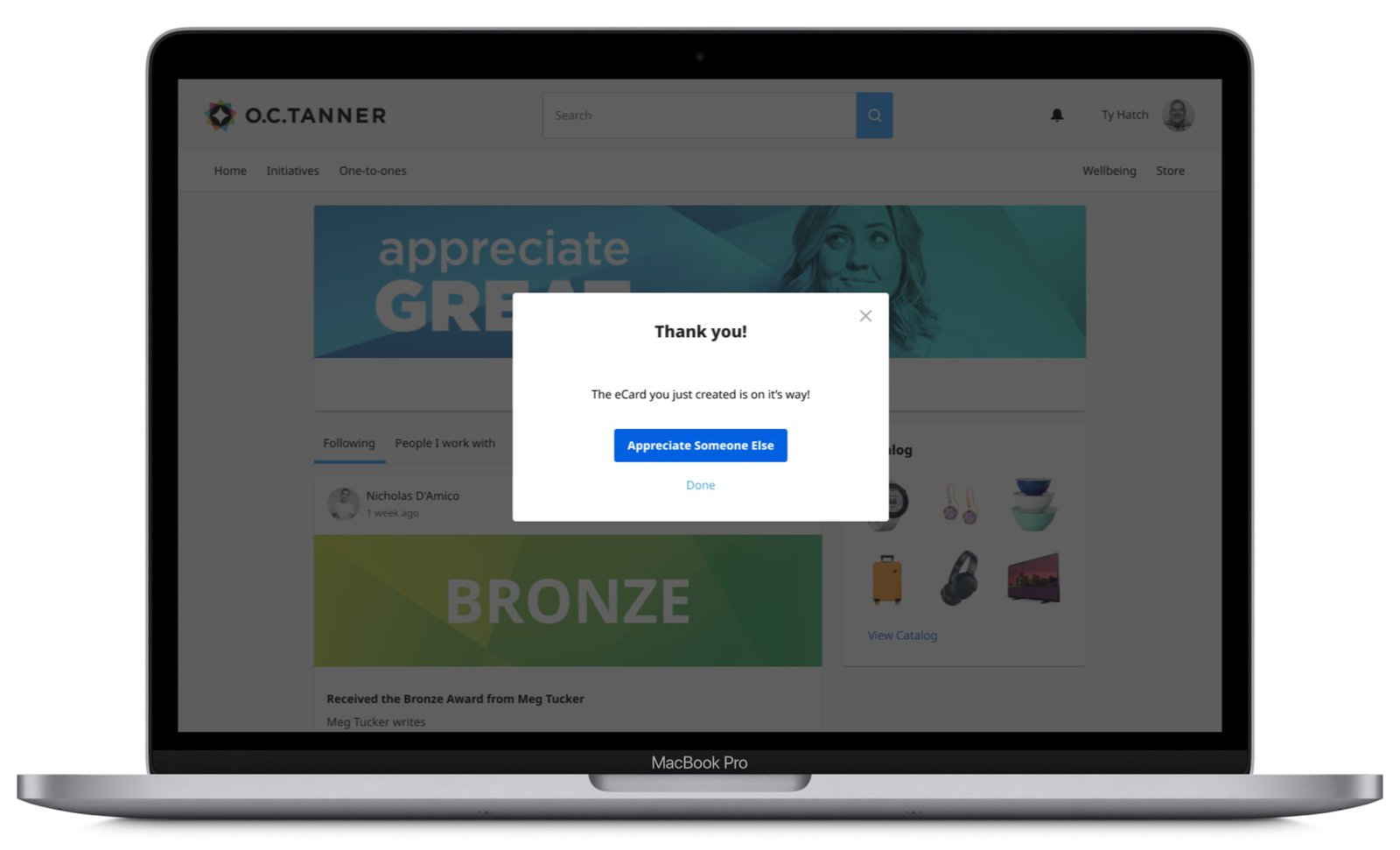
Button swap sparks recognition surge
Once implemented, the results were remarkable:
- Overall recognition activity jumped 5%
- Users returning to give more recognition soared by 200%
- Completion rate for repeat recognitions leaped 90%
These outcomes reinforced the power of data-informed design and agile implementation, even for the smallest changes.
Championing impactful micro-improvements
My manager’s feedback captured the broader impact:
“You are demonstrating to the group how to pursue improvements in outcomes without drastic redesigns or new features. Thank you for leading out.”
This project yielded valuable insights:
- Thorough flow mapping can uncover non-obvious solutions
- Data-informed decisions can drive significant improvements
- Advocating for strategic micro-changes is crucial
- Development processes should accommodate rapid, incremental enhancements
By meticulously analyzing the recognition flow and championing data-informed decisions, we not only boosted user engagement but also sparked a conversation about our approach to product development. This experience highlights how thorough analysis and persistent advocacy can drive both user satisfaction and business success.

